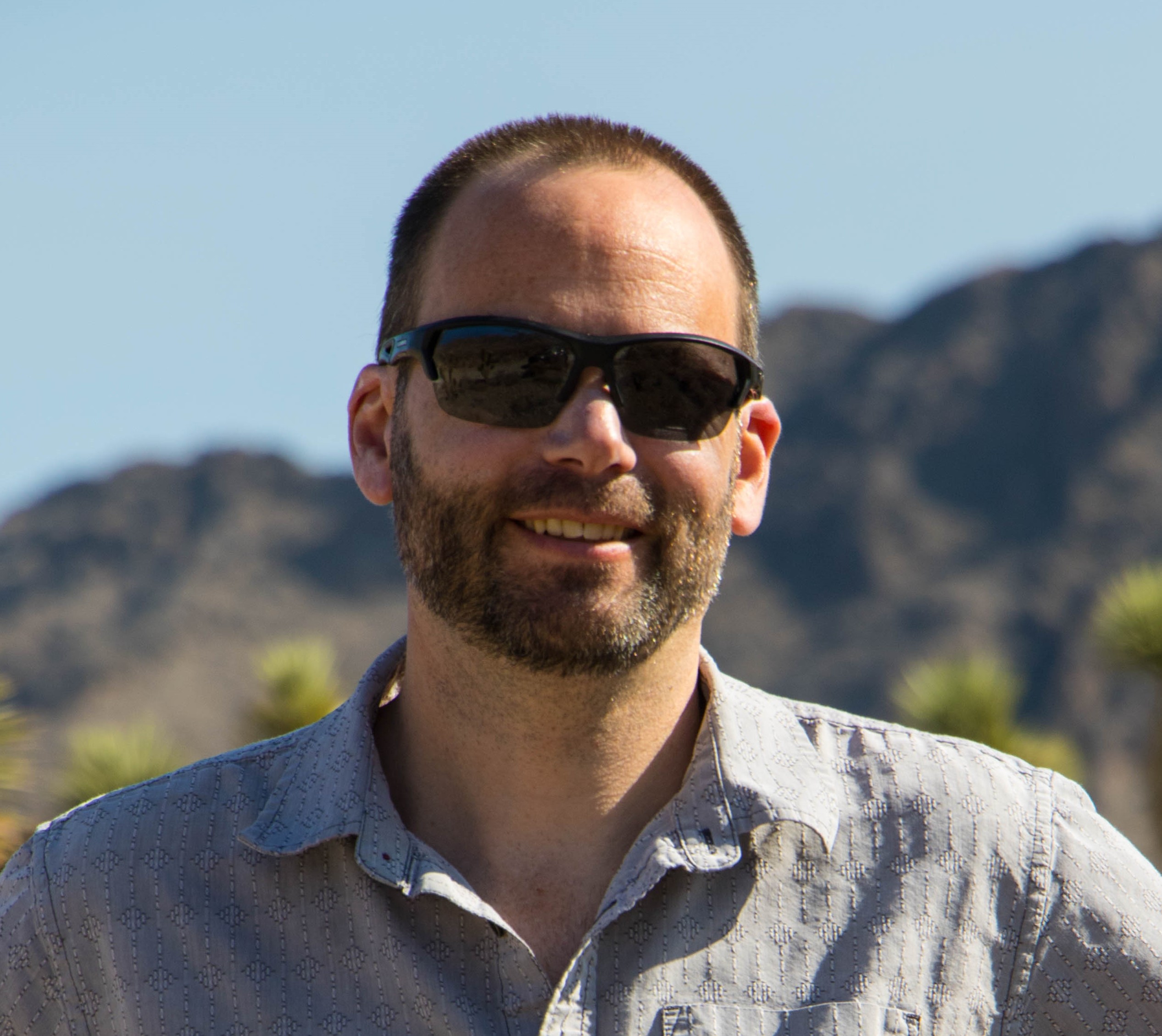
Matthew Lachniet
Professor of Geology
Paleoclimatology, Stable Isotope Geochemistry
Telephone: (702) 895-4388
Fax: (702) 895-4064
Office: SEB 3240
Mailstop: 4022
Email: Matthew.Lachniet@unlv.edu
Las Vegas Isotope Science Lab (LVIS)
Education:
Ph.D. – Syracuse University: 2001
Research:
Dr. Lachniet has an active research program in which he uses light stable and radiogenic isotope geochemistry, hydrology, speleology, glacial geology, geomorphology, and the sedimentary record to answer questions of paleoenvironmental and paleoclimatic change. His primary research areas are Costa Rica, Panama, Mexico, Alaska, and the Great Basin.
His research goal is to constrain past climate changes in these regions using proxy records. He is particularly interested in generating rainfall histories for Central America and to evaluate the climate forcings of climate change and variability in the neotropics. What processes control tropical and subtropical paleoclimates? Do the tropics have a stable or unstable climate? As the ‘heat engine’ of the earth, do the tropics drive climate change in higher latitudes? Or do the tropics respond passively to extratropical climate perturbations? How has the El Nino/Southern Oscillation changed over time? What will be the tropical response to anthropogenic climate change? These are some of the questions he is attempting to answer with his research.
His research attempts to resolve this problem through generation of high-resolution (sub-annual to decadal), precisely dated, quantitative isotopic proxy records from speleothems (cave calcite deposits). Speleothem isotopic records will help to resolve continuing debates about tropical-extratropical teleconnections on both a regional and a global scale, and provide insight into the history and dynamics of monsoonal precipitation. Together with studies on modern stable isotope climatology and hydrology, and traditional geologic investigations such as tropical glaciation, his research is making substantial progress in elucidating neotropical Quaternary paleoclimates.
Selected Publications:
Lachniet, M. S., Du, X., Dee, S. G., Asmerom, Y., Polyak, V. J., and Tobin, B. W., 2023, Elevated Grand Canyon groundwater recharge during the warm Early Holocene: Nature Geoscience. 10.1038/s41561-023-01272-6.
Lachniet, M. S., Moy, C. M., Riesselman, C., Stephen, H., and Lorrey, A. M., 2021, Climatic and topographic control of the stable isotope values of rivers on the South Island of New Zealand: Paleoceanography and Paleoclimatology, https://doi.org/10.1029/
Lachniet, M. S., Asmerom, Y., Polyak, V., and Denniston, R., 2020, Great Basin Paleoclimate and Aridity Linked to Arctic Warming and Tropical Pacific Sea Surface Temperatures: Paleoceanography and Paleoclimatology, v. 35, no. 7, p. e2019PA003785. https://doi.org/10.1029/
Polyak, V. J., Asmerom, Y., and Lachniet, M. S., 2022, Climatic backdrop for Pueblo cultural development in the southwestern United States: Scientific Reports, v. 12, no. 1, p. 8723.
Winter, A., Zanchettin, D., Lachniet, M. S., Vieten, R., Ljunqqvist, F. C., Cheng, H., Edwards, R. L., Miller, T., Pausata, F. S. R., Rubinetti, S., Rubino, A., and Taricco, C., 2020, Initiation of a stable convective hydroclimatic regime in Central America at ~9000 years BP: Nature Communications. https://rdcu.be/b1eIS
Undergraduate:
GEOL 110: Global Warming
GEOL 333: Principles of Geomorphology (every Spring Semester)
GEOL 437: Paleoclimatology
GEOL 730: Quaternary Seminar
Graduate:
GEOL 637: Paleoclimatology
GEOL 707: Stable Isotope Geochemistry